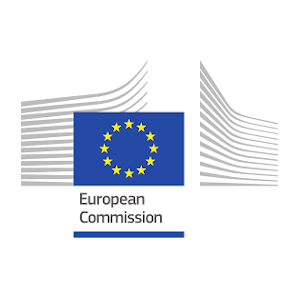Study to support the evaluation of the European Union strategy for the protection and welfare of animals 2012-2015

Cerebrus Associates has recently worked in partnership with ICF to conduct a study to support the evaluation of the European Union strategy for the protection and welfare of animals (2012-2015). Our work evaluated whether the Strategy contributed to its objectives in an effective and efficient way by considering these evaluation criteria in line with the Better Regulation Guidelines: relevance, coherence, effectiveness, efficiency, and EU added Value. The work was commissioned by the European Commission (Directorate General for Health and Food Safety, DG SANTE).
The study assessed the extent to which the 20 actions of the Strategy and related activities contributed to the six objectives identified. The study carried out stakeholder consultations and completed eight different case studies. This final report presents the findings and conclusions of this study.
The study finds that all the Strategy objectives were relevant at the time. While progress has been achieved, most of the problems and drivers identified in the strategy are still relevant. The Strategy was coherent internally, with the EU animal health policy and other EU policies, with Member States, and international policies related to animal welfare. The Strategy was effective in its contribution to half of the six stated objectives to varying degrees.
It contributed to support Member States to improve enforcement and compliance and provided a common set of objectives for all stakeholders at EU level. It was also effective in contributing to providing guidance to change practices of animal owners/handlers and investigating the welfare of farmed fish. However, there remain some challenges in terms of uniform protection of animals across the EU, compliance for some areas, or providing consumers with relevant information.
Tthe Strategy was an appropriate and proportionate response to address animal welfare issues. It produced results at national level that would not have been possible without it, and it contributed to harmonising and coordinating animal welfare policy and activities in the EU.
